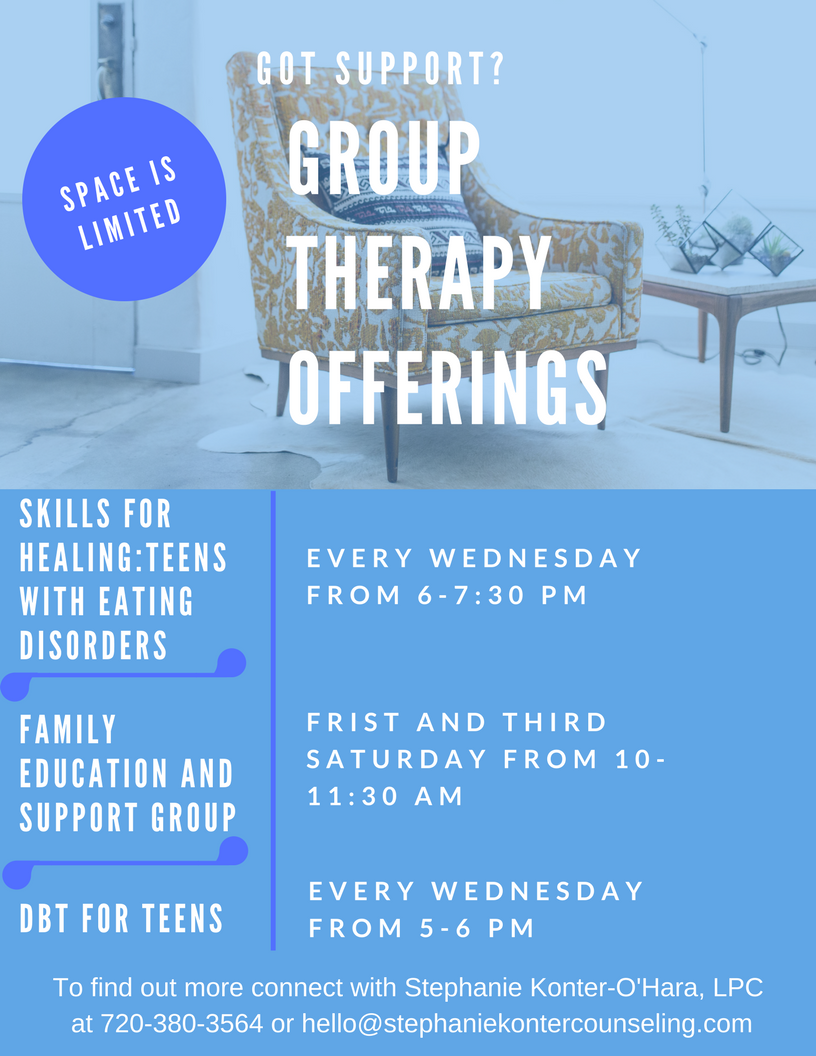Eating disorders and negative patterns with food begin with personal pain (that can look like a lot of different things for people) and set up a vicious cycle of anger: destructive behavior, shame, depression, self-hate, and back to anger. This anger is taken out on the self, as well as anyone that tries to take away or change the negative patterns with food the person may have. No matter what your food patterns, the misuse of food starts as a natural response of anger to pain. The longer the individual holds on to anger and the longer people respond to the individual with the negative patterns the longer the struggle tends to continue.
For those that are conflict avoidant this faces a difficult challenge because they often cannot even identify that they are in fact angry. Breaking the cycle and finding the strength to disconnect from an unhealthy relationship with food requires relearning not only the proper response to food, but also the proper response to anger. Often society has taught us that anger is "bad", however it is as natural part of life and our emotions.
Recovery from an eating disorder can only be realized once you dig into the true origin of that anger. To free yourself from the control that anger is imposing on your choices, its recommended that re-experiencing your anger in its fullness, is often the only way to let it go, and move on.
Are you or your teen struggling with anger, shame, a disconnect with your feelings, it may be time to connect in order to begin the process of recovery.


